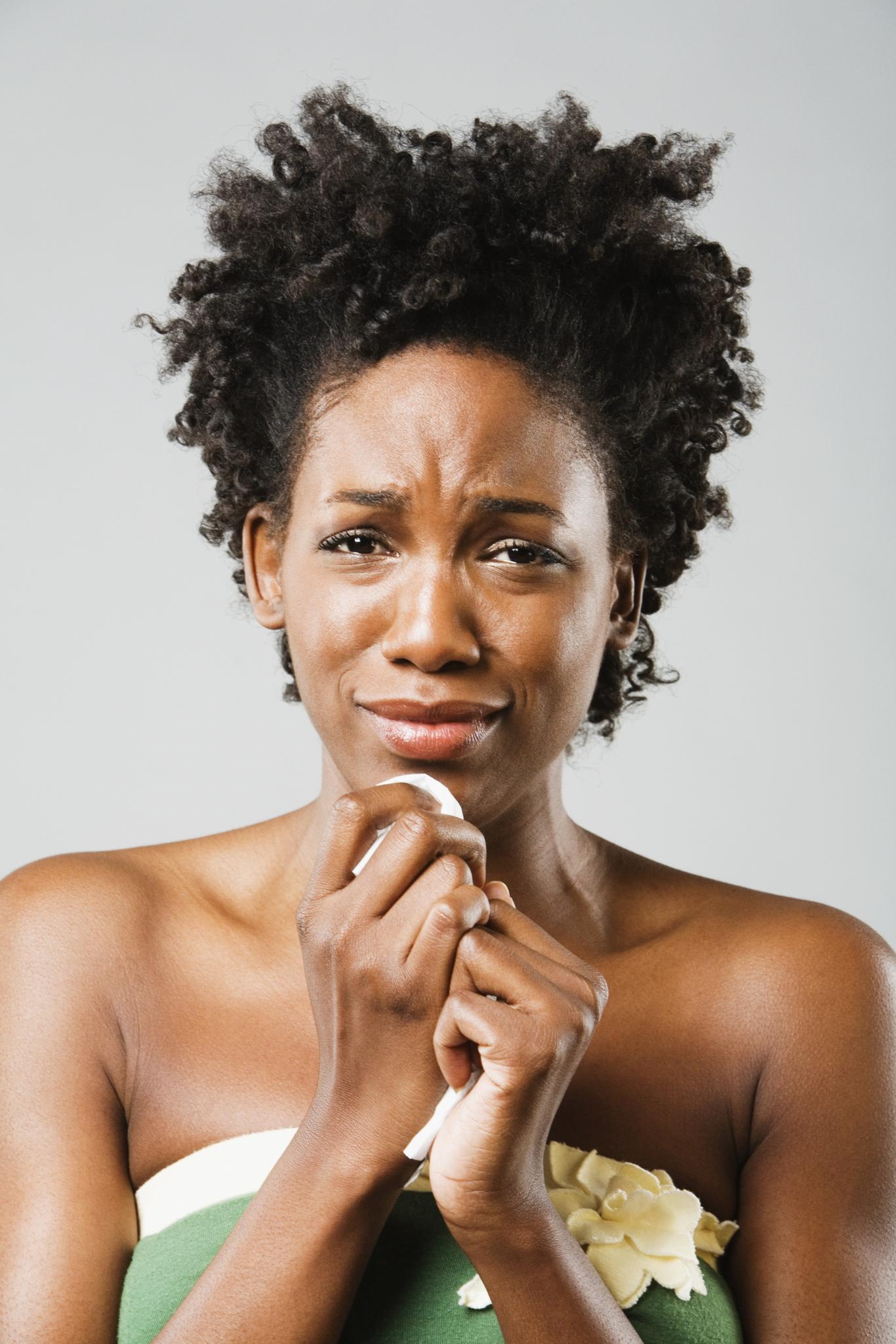
On Friday evening, my mom called to tell me that my great-aunt, my grandfather’s youngest sister and the last of his surviving siblings, passed away. Aunt Vi was just an itty bitty woman, small in frame and soft-spoken in demeanor like all of Granddaddy’s sisters had been, but she also had a cutting sense of humor that has given me cause to suspect she was quite the pistol when she was younger.
She’d been in hospice for less than a week after a fall several months ago created a domino effect of health issues. She was 84, but she aged seemingly overnight — even her silvery hair turned completely white — and one day last week, she told my cousin she could see relatives who had gone to be with God years ago, including my grandparents. They were telling her to come, she said. Once she told her daughter that, I guess we knew it was only a matter of time.
My family will lay her to rest on Wednesday and, in the course of trying to honor her memory and offer their condolences, folks will inevitably do their best to comfort her children and grandchildren with those standard, funeral-friendly sayings that people pull out for these occasions. I’ll probably stay uncharacteristically quiet, mostly because I know from personal experience that no amount of woo-wooing and there-thereing, no matter how much good intention is behind it, can really encourage you when someone you love is no longer there to see and touch and smell and kiss and hug.
This is the time, in particular, when people tell the bereaved to “be strong.” And that’s a huge pet peeve of mine, not just in the context of death but in the generality of life period.
This fabled strength we’re supposed to exercise so frequently is one of the vaguest but most overrated qualities we’re told to draw upon, and Black women especially have been disproportionately saddled with an expectation to act in dignified measure. I hear so much about our “strength” but so little about what that actually means. Does it mean not breaking out into a fit of sobs in a time when it’s all you can do to swallow that lump in your throat? Does it mean not taking the perceived easy way out to a problem, like aborting a child instead of carrying it to full term? Does it mean not checking out emotionally and mentally, even in the face of the most gut-wrenching adversity?
And furthermore, who’s qualified to act as the judge and jury on who’s being strong and when? It’s all so arbitrary, even though I’ve been guilty of saying it myself, especially when I think about my mom, who always seems to have an answer and never appears to let anything rattle her to the point of becoming a heap of huffing, puffing, crying mess, unlike her daughter.
I myself have been congratulated for being strong — especially as a single mother — and for coming through the obstacle course of life in a way that’s apparently pleasing to other people. I hear it all the time from folks who mean well: “Oh, you’re so strong,” they gush. “I don’t know how you do it.” I’m never quite sure how to respond because for one, if it weren’t for God’s grace I might be off playing with Legos and Lincoln Logs in a padded room, and for two, ain’t nobody else going to do it for me so I don’t have the option but to do it. Handling the day-to-day responsibilities of my own life and the gift of child-rearing doesn’t necessarily make me or anybody else a heroine. Responsible, perhaps. Effective, maybe. But there are plenty of women putting up a front, covered by a threadbare curtain of sanity because they don’t want people to know they’re not as “strong” as they seem to be.
Real strength is being true to who you are and how you feel, whether it falls in line with what onlookers think you should do or say. I’m not so sure my amen corner would high-five me for being strong in the times I’ve been sprawled out pleading with God or burning up my grandmother’s phone line with barely coherent sobs. We’ll drive ourselves nuts (or even further into it) allowing people to saddle us with their behavioral rules because that means not only do we have to shoulder the actual issue or event at hand, we have to do it in such a way that reflects other folks’ expectations. That’s too much pressure. I’d rather me and the rest of us all get free and be real. For that, I think the word isn’t so much “strong.” It’s “courageous.”